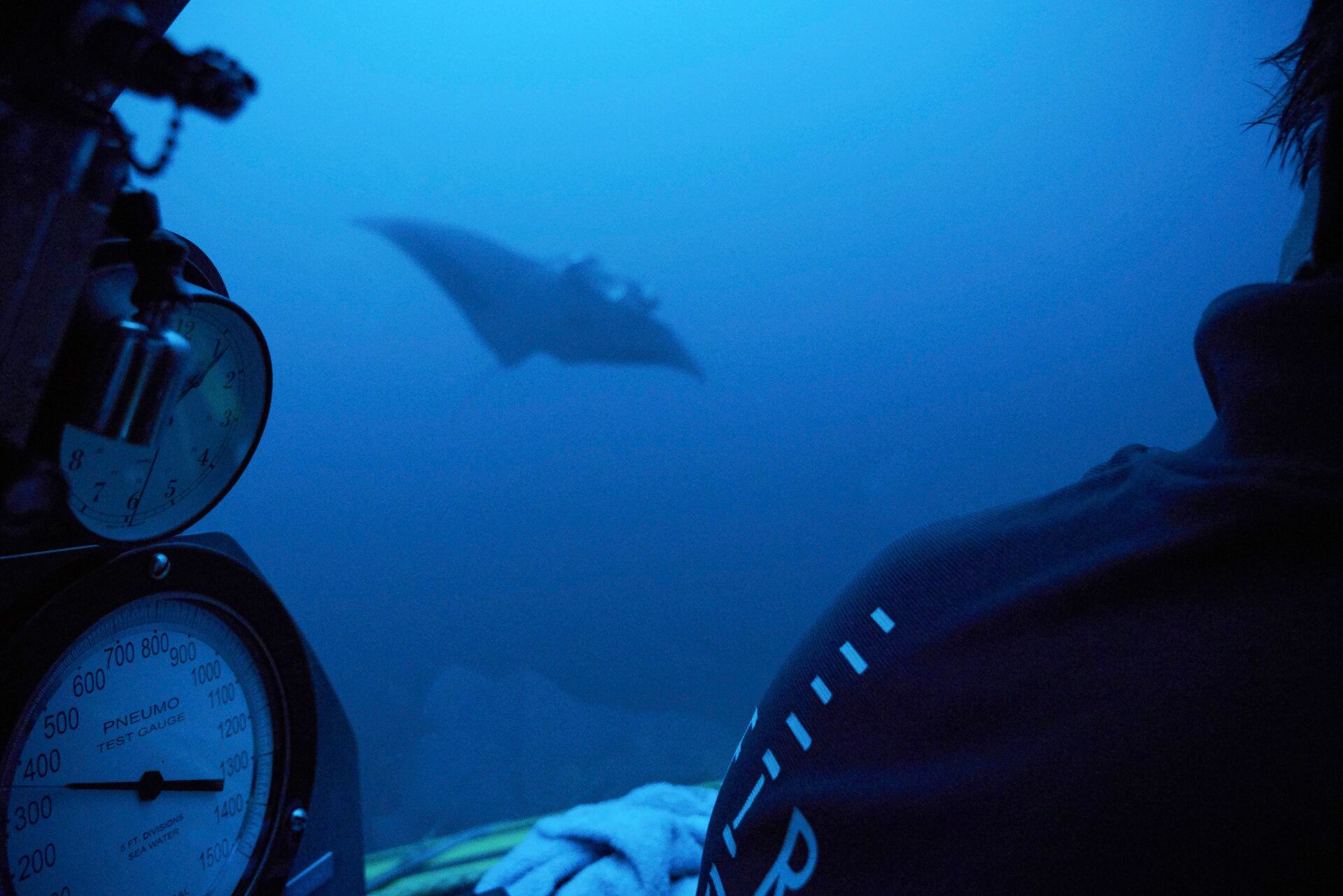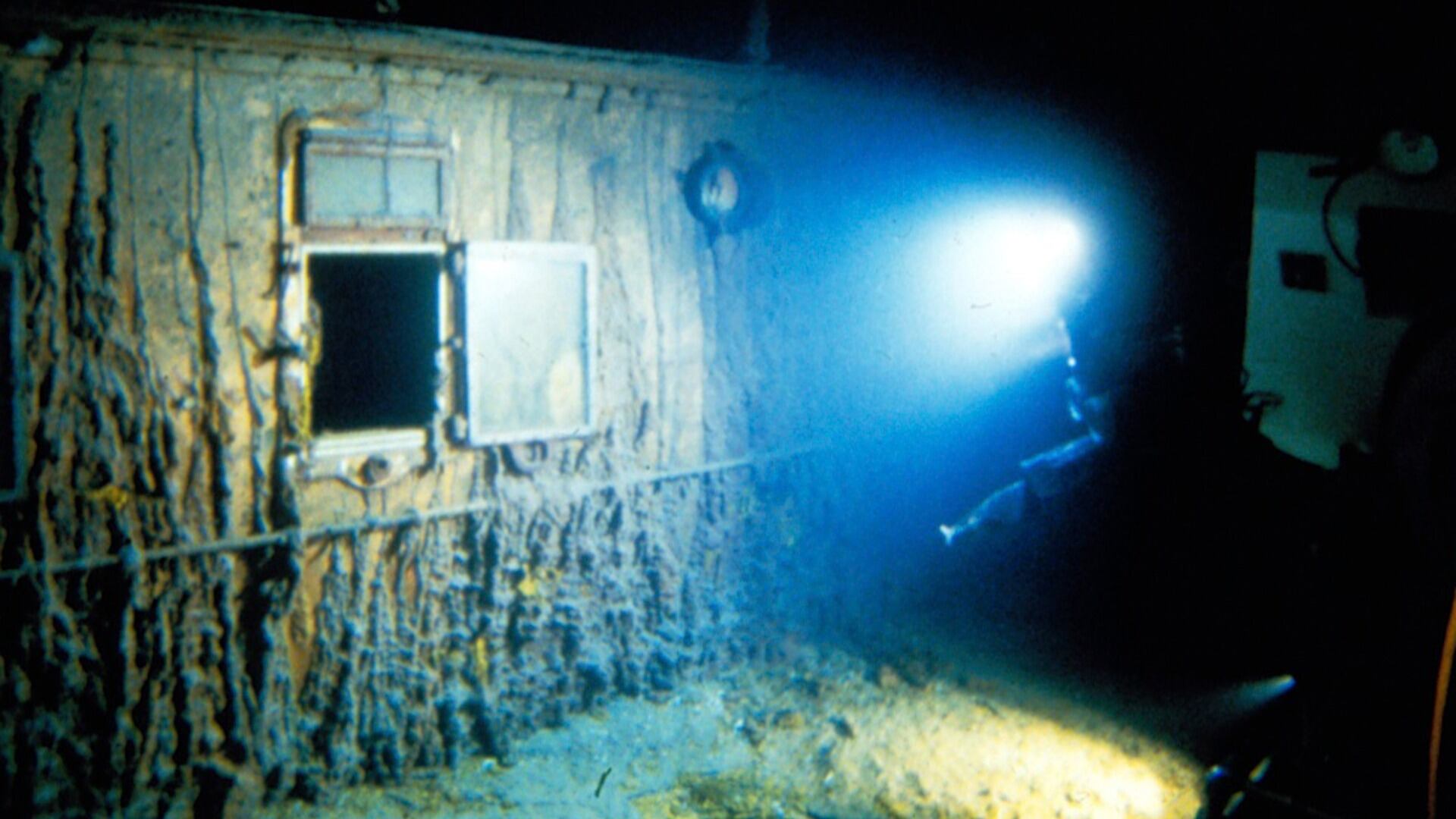By Marcia Dunn
NASA’s newest X-ray observatory rocketed into orbit Thursday to shed light on exploded stars, black holes and other violent high-energy events unfolding in the universe.
SpaceX launched the spacecraft on its $188 million mission from Kennedy Space Center. It’s called IXPE, short for Imaging X-ray Polarization Explorer.
Scientists said the observatory — actually three telescopes in one — will unveil the most dramatic and extreme parts of the universe as never before.
“IXPE is going to open a new window on the X-ray sky,” Brian Ramsey, NASA's deputy principal scientist, said this week.
Operations should begin next month. NASA is partnering with the Italian Space Agency on the project.
Be Well: Keeping Your Kids Safe During Summer Sports & Activities
Members of the United Nations adopted the first-ever treaty to protect marine life in the high seas on Monday, with the U.N.'s chief hailing the historic agreement as giving the ocean “a fighting chance.”
A search is underway for a deep-sea vessel that went missing with five people aboard after it dived toward the deteriorating wreck site of the Titanic ocean liner. What we know so far.
U.S. Hit With Record Breaking Heat Waves
It's only June and already scientists are saying it could be the hottest year on record, as the warming effects of El Niño will continue to strengthen into the fall and winter. Here with more is Cheddar News Senior Reporter Chloe Aiello.
OceanGate Expeditions on Thursday said pilot and chief executive Stockton Rush, along with passengers Shahzada Dawood and his son Suleman Dawood, Hamish Harding, and Paul-Henri Nargeolet “have sadly been lost.”
A new study on loneliness is showing it may not only affect mental health, but it may also be bad for the bones. However, the study found it impacts one group in particular: men. Amid concerns about the rising epidemic of loneliness, researchers wanted to take a closer look at its effects.
Be Well: 2-Minute Morning Stretch Routine
Be Well: Celebrity Trainer Bob Harper Talks Heart Health
A new study from Finland found that "night owls," or people who tend to stay up late, don't live as long as those who go to bed early and wake up early as well.












